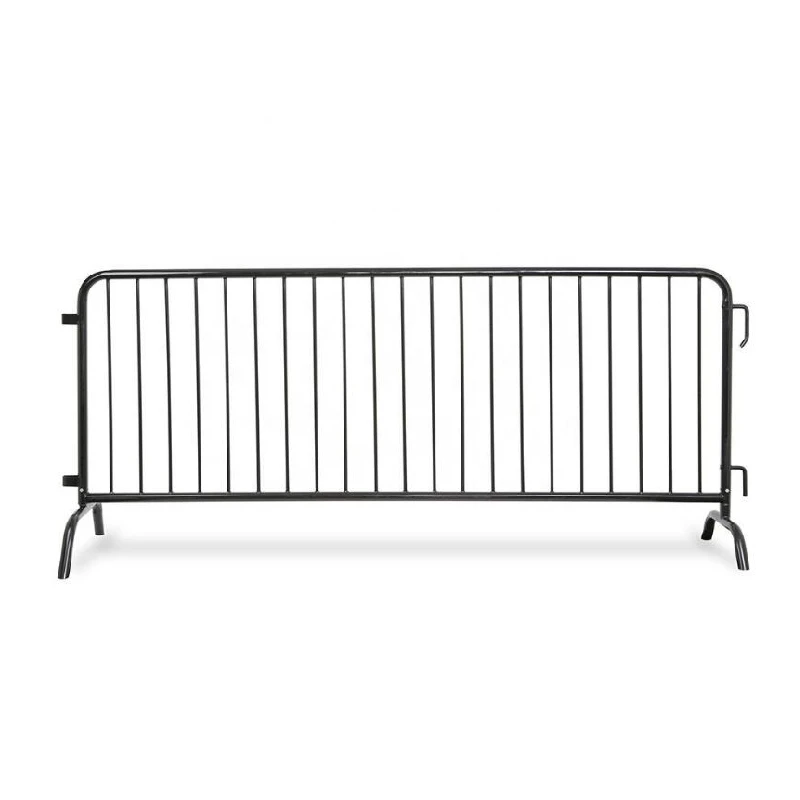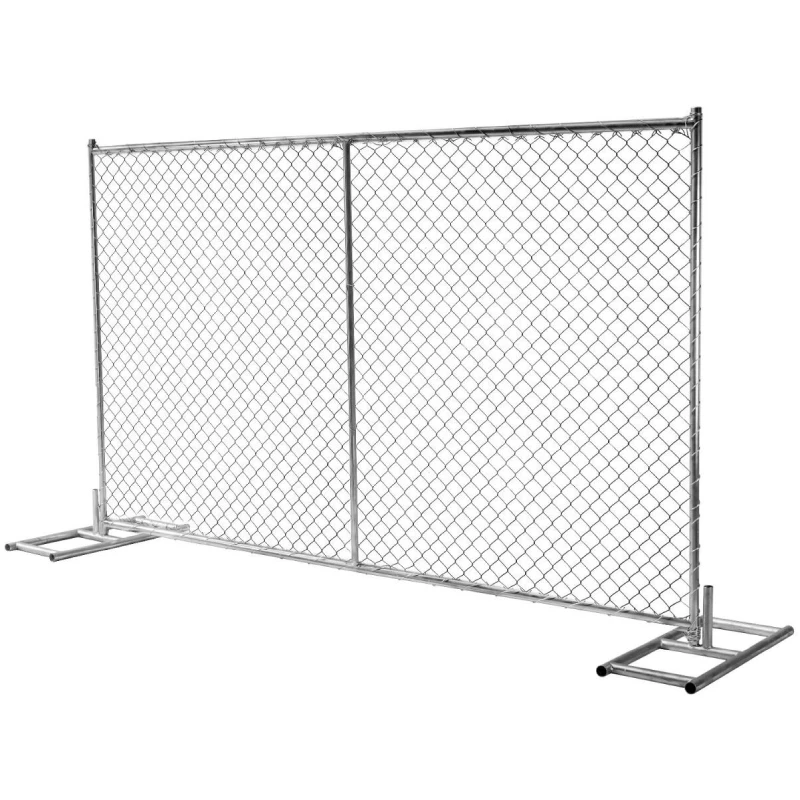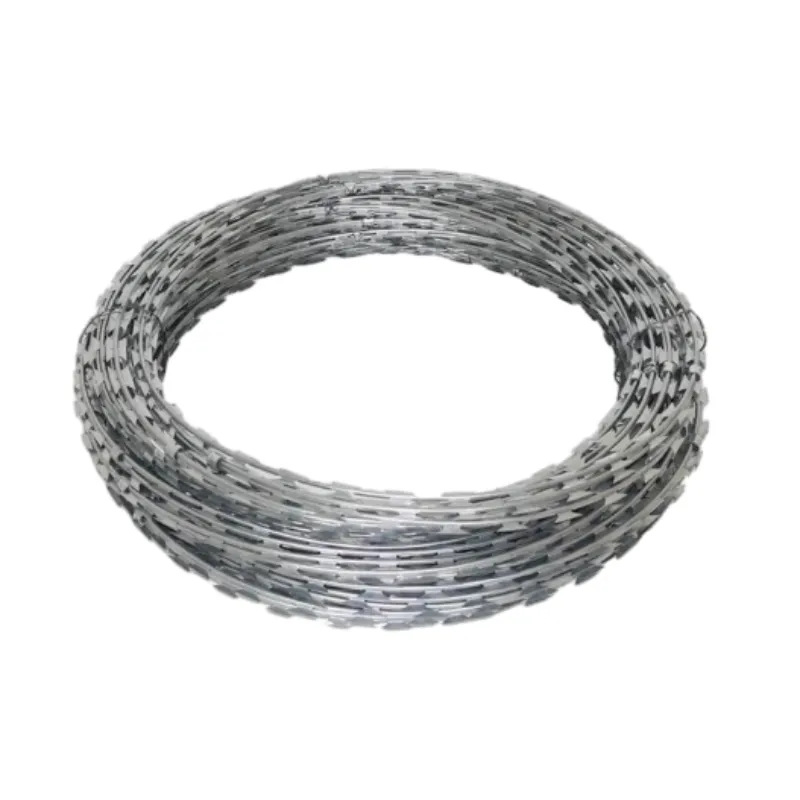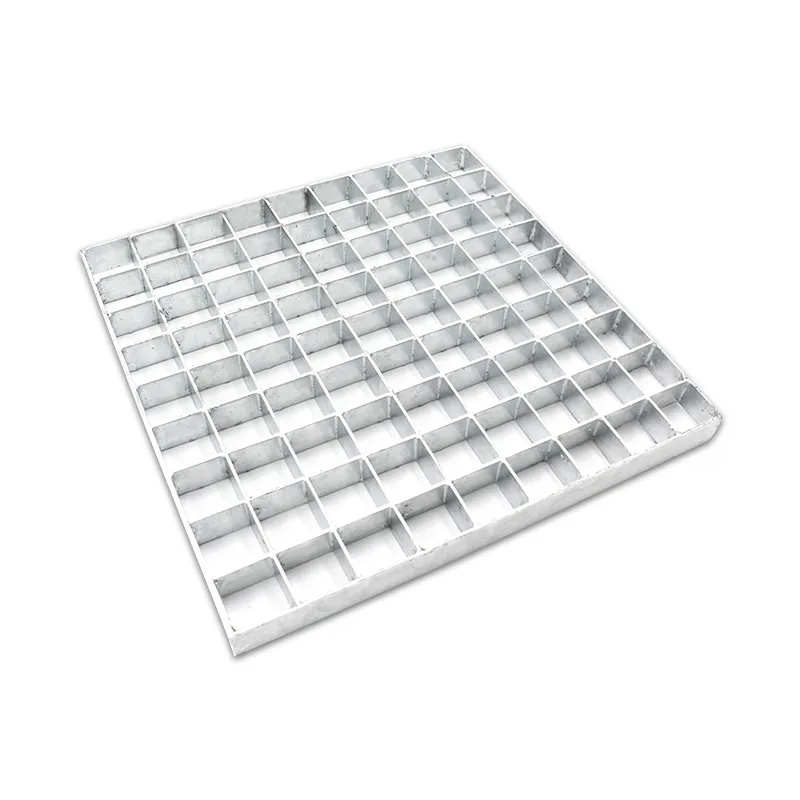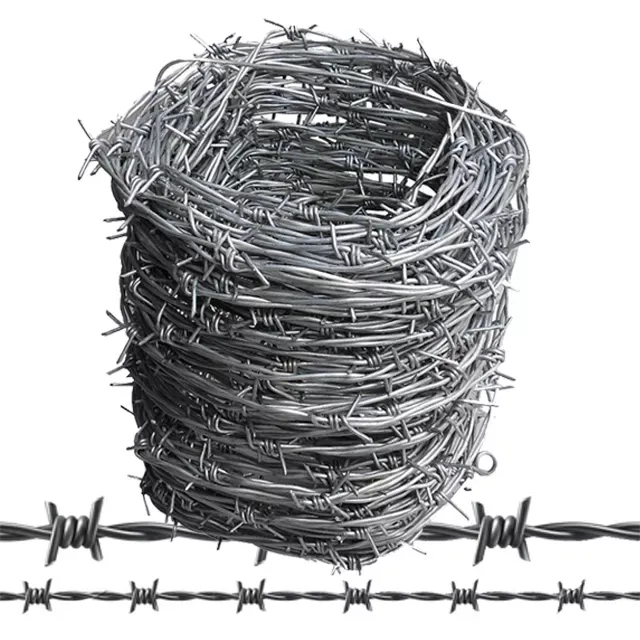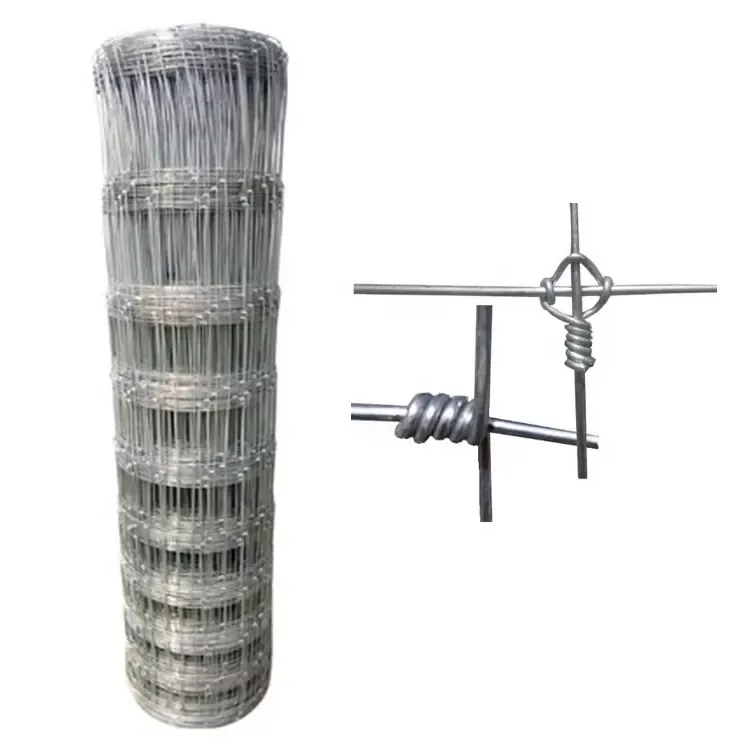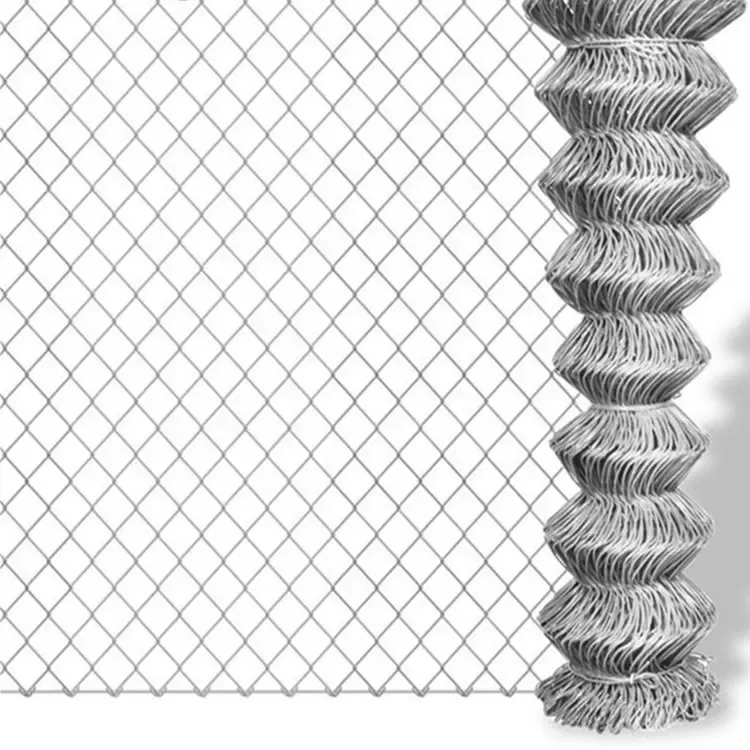
- Afrikaans
- Albanian
- Arabic
- Armenian
- Azerbaijani
- Basque
- Belarusian
- Bengali
- Bosnian
- Bulgarian
- Croatian
- Czech
- Danish
- Dutch
- English
- Esperanto
- Estonian
- Finnish
- French
- Galician
- Georgian
- German
- Greek
- hawaiian
- Hindi
- Hungarian
- Indonesian
- irish
- Italian
- Lao
- Latvian
- Lithuanian
- Luxembourgish
- Macedonian
- Maltese
- Myanmar
- Norwegian
- Polish
- Portuguese
- Romanian
- Russian
- Serbian
- Slovak
- Somali
- Spanish
- Swedish
- Thai
- Turkish
- Turkmen
- Vietnamese
Nov . 28, 2024 05:21 Back to list
Exploring Sustainable Solutions for Livestock Production and Management Strategies
Understanding Livestock Panels Essential Components for Modern Farming
In the realm of livestock management, efficient and effective handling of animals is paramount for both productivity and animal welfare. One crucial aspect that often goes overlooked is the importance of livestock panels. These panels serve as essential tools for livestock farmers, providing not only safety and security for animals but also enhancing the overall management of livestock operations.
Livestock panels are sturdy, pre-fabricated fencing structures designed specifically for managing various types of animals, including cattle, sheep, pigs, and goats. They play a significant role in creating enclosures that prevent animals from wandering, protect them from predators, and facilitate easy handling during feeding, health checks, and transportation. The use of livestock panels has increasingly become popular among farmers due to their versatile applications, durability, and user-friendly nature.
One of the primary advantages of livestock panels is their robustness. Typically made from materials such as galvanized steel or heavy-duty welded wire, these panels are designed to withstand the rigors of outdoor conditions. This durability ensures that panels can resist rust, weathering, and damage from animal behavior, making them a long-term investment for farmers. Unlike traditional fencing, which may require frequent repairs or replacements, livestock panels offer an enduring solution that reduces overhead costs.
Furthermore, livestock panels come in various sizes and designs, tailored to meet the specific needs of different types of livestock
. For instance, cattle panels are typically taller and stronger to accommodate the size and strength of cattle, while sheep panels are designed with smaller openings to prevent escape. This adaptability allows farmers to customize their enclosures according to the specific behavior and requirements of their animals, promoting a safer and more effective management strategy.livestock panels

Another key benefit of livestock panels is their ease of installation and mobility. Many livestock panels are designed to be lightweight, making it possible for a single person to set them up without the need for heavy machinery. This accessibility is especially advantageous for smaller farms or new entrants to livestock farming, who may not have the resources to deploy complex fencing systems. Additionally, many panels are modular, allowing for quick assembly, disassembly, and reconfiguration as needed. Farmers can easily expand or modify their enclosures based on changing herd sizes, seasonal requirements, or rotational grazing practices.
Moreover, the use of livestock panels can significantly enhance the welfare of animals. Properly designed enclosures facilitate better visibility and airflow, reducing stress and discomfort among animals. During routine veterinary checks or breeding processes, farmers can easily confine and access specific animals without causing panic or injury. This humane handling not only promotes a healthier farming environment but also contributes to higher productivity and better quality products, whether it be milk, meat, or wool.
Environmentally, livestock panels contribute to more sustainable farming practices. By effectively managing grazing patterns and preventing overgrazing, farmers can maintain soil health and promote biodiversity. The ability to rotate livestock through different pastures using portable panels helps manage land more efficiently, allowing for natural recovery and restoration of grasslands. This regeneration ultimately supports ecological balance and enhances overall farm sustainability.
In conclusion, livestock panels represent a vital part of modern livestock management strategies. Their durability, versatility, and ease of use make them an indispensable resource for farmers looking to optimize their operations. By implementing livestock panels, farmers can ensure the safety and well-being of their animals, promote sustainable practices, and enhance productivity. As the agriculture industry continues to evolve, the role of livestock panels will undoubtedly remain central to effective livestock stewardship, shaping the future of farming in a responsible and efficient manner. Whether you are an experienced farmer or a newcomer to the field, understanding and utilizing livestock panels can lead to successful livestock management practices that benefit both animals and the farmers who care for them.
-
The Vital Role of Wire Mesh in Construction
NewsJul.01,2025
-
The Essential Benefits of Welded Wire Mesh
NewsJul.01,2025
-
Secure Your Property with Field Farm Fence
NewsJul.01,2025
-
Expert Chain Link Fence Installation
NewsJul.01,2025
-
Discover the Versatility of Hexagonal Wire Mesh
NewsJul.01,2025
-
Barbed Wire
NewsJul.01,2025


